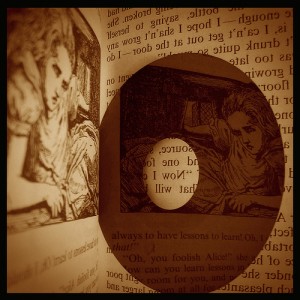
This year, the American Historical Association’s annual meeting included a THATCamp, which I was happy to attend. Andrew Hartman, a professor at Illinois State University, published an interesting response, which I wanted to take a moment to address.
Hartman enjoyed himself but wondered if the scholars attending THATCamp evinced an unwarranted utopianism about the prospects of technology to transform the practice of history. It’s a good question, and an understandable reaction, but I don’t think it’s altogether accurate. First, I think that what Hartman understood as utopianism may in fact have been an attempt by the participants to make newcomers like Hartman feel welcome. If there’s a utopianism present at THATCamp, I think it’s more about the possibilities of new forms of interacting with each other, not the technology itself.
(As an aside, I think that for women this may hit a particular nerve. Digital humanities’ vaunted niceness is an aspect of the field I love, but for women in particular being “nice” is often read as an admission of intellectual inferiority. Some people can easily afford to be nice; for others, the cost is higher.)
In fact, as I’ve written before, technological utopianism bothers me a great deal for very personal reasons, and it’s a stance digital humanists have been quite active in countering.
More substantively, I’d like to respond to another of Hartman’s points: that while digital history is “an important new tool … it does not change the way we conceptualize the past.” I’d like to argue that it does, and in ways that directly counter the characterization of digital history as utopian. In fact, much of it has an activist project that, like Hartman, draws on Marxist theory.


